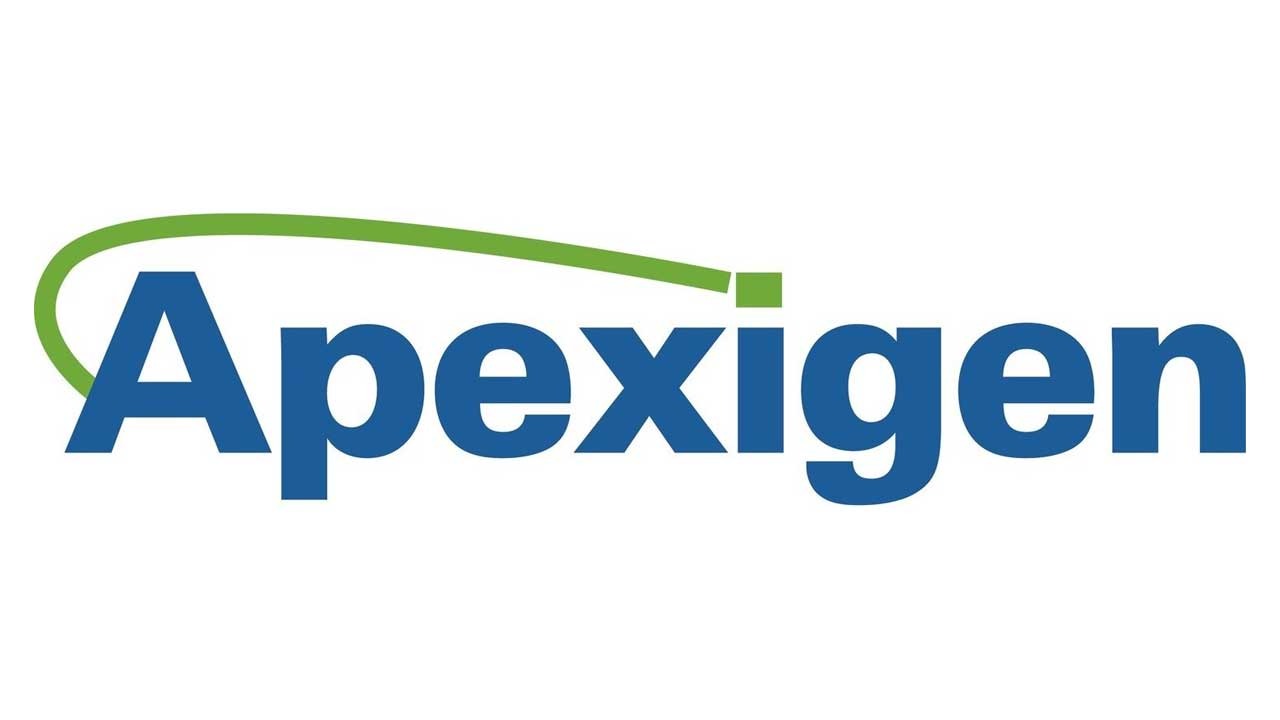Apexigen, Inc., a clinical-stage biopharmaceutical company focused on discovering and developing a new generation of antibody therapeutics for oncology, today announced that the U.S. Food and Drug Administration (FDA) has granted Orphan Drug Designation to sotigalimab (APX005M) for the treatment of soft tissue sarcoma. Sotigalimab, Apexigen’s lead therapeutic candidate, is a potentially first-in-class and best-in-class CD40 agonist, with unique epitope specificity and Fc receptor engagement for optimal therapeutic effect and tolerability. In an ongoing Phase 2 clinical trial, sotigalimab is being evaluated in advanced soft tissue sarcoma in combination with doxorubicin, a chemotherapy that is currently considered standard-of-care treatment.
“We are very pleased to receive Orphan Drug Designation for sotigalimab, an important step toward addressing the medical need that exists for patients with sarcoma,” said Xiaodong Yang, M.D., Ph.D., President and Chief Executive Officer. “There are currently limited treatment options available for patients with soft tissue sarcoma, so we are excited by the emerging data from our ongoing Phase 2 study in this indication, coupled with data across our broad clinical development program, that suggest sotigalimab may provide a superior clinical benefit. We will continue to advance our development plans to overcome outstanding challenges in oncology and work with the FDA to bring sotigalimab to patients as efficiently as possible.”
The FDA’s Office of Orphan Drug Products grants orphan status to support the development of medicines for underserved patient populations, or rare disorders, that affect fewer than 200,000 people in the United States. Orphan drug designation qualifies the sponsor for various development incentives, including tax credits for qualified clinical testing, up to seven years of marketing exclusivity for the orphan indication and waiver of certain FDA fees.
Apexigen has also received FDA Orphan Drug Designation for sotigalimab for the treatment of esophageal and gastroesophageal junction cancer and for the treatment of pancreatic cancer.

 Latest Pharma News Update
Latest Pharma News Update










.jpeg)




.jpeg)

.jpg)













